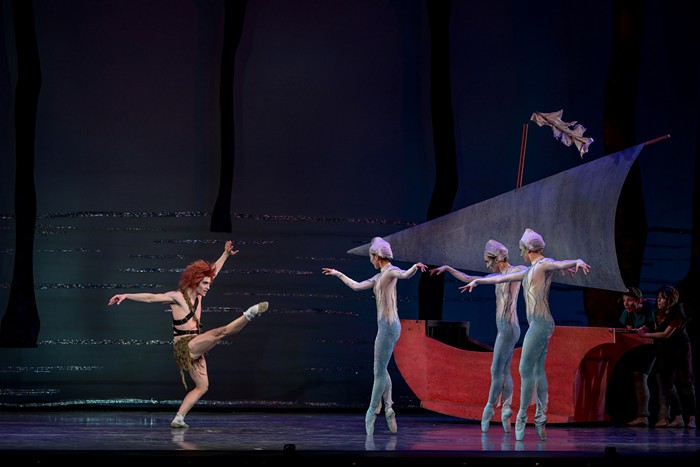performing at Nocturnal, 1800 E Burnside, 239-5900, Thursday April 1, 10 pm, $8-10
Local writer Johnathon Allen's hobby is performance poetry. His day job is freelancer for such extreme sports magazines as Skate, Bike, and Powder. This unorthodox fusion of interests may help explain his side project, Wordfish, an intense improvisational showcase of spoken word, music, film projection, dance, and live painting. It's a bona fide multimedia explosion... to the extreme.
"[Wordfish] comes a lot from the adrenaline rush," says Allen over the phone. "We talk like we're going into battle. I'd go to the trenches with any one of these guys. They're the best at what they do and they're not assholes." It's hard to determine who's "the best" at things in this world, but the crew of "not assholes" that Allen has gathered for Wordfish are certainly viable candidates. The Portland event will feature percussionist Jason Miller of the electronica group Lost at Last, Spearhead's Michael Frianti (!!), and perhaps the group's most intriguing member, Randy Pijoan, an immensely talented painter of shimmering urban nightscapes (who also, on a completely random side note, worked on the early episodes of South Park). The interplay between Pijoan and the different performance mediums is what drives the show.
"People aren't used to seeing a band with a painter in it," says Allen, "but Randy's amazing to watch live. He'll get inspired by something our drummer is doing, and come up with a rhythm of color, based on that percussion. There's a dramatic canvas solo where Randy assigns everyone a color, then 'conducts' the entire group, a stroke on the canvas indicating another note from the band."
Pijoan has also been known to hand out sketchbooks to the crowd, then after intermission, create paintings onstage inspired by the drawings that ensue. Other gifts you might receive at the door are index cards, so Wordfish can create poetry from whatever you feel like writing down.
"Traditional theater has reinforced this idea of the fourth wall, where the audience pretends they're not there," says Allen. "We want to take that wall down and say, 'You are in this room with us. Your energy is integral to what is happening in this room. We want to make the audience go, 'Damn! What's going to happen next!?" JUSTIN WESCOAT SANDERS


















